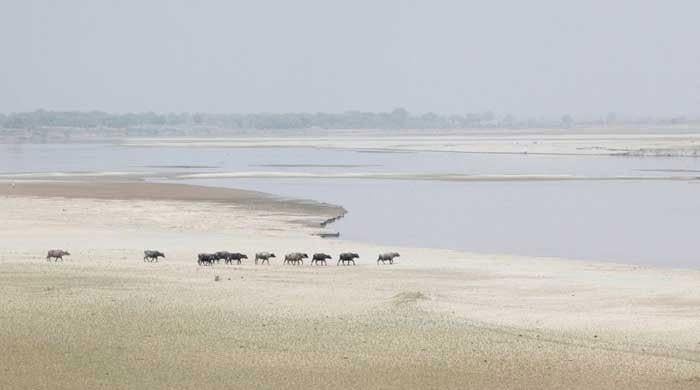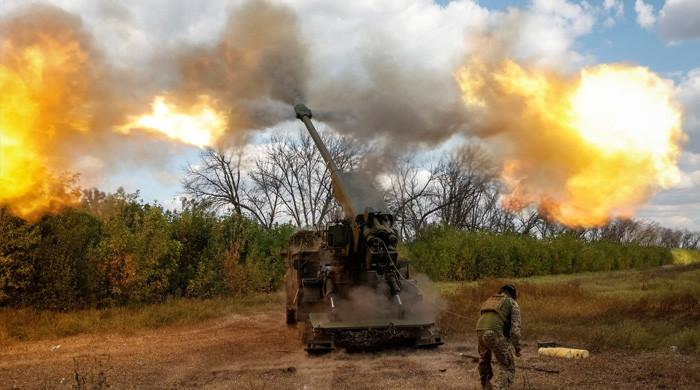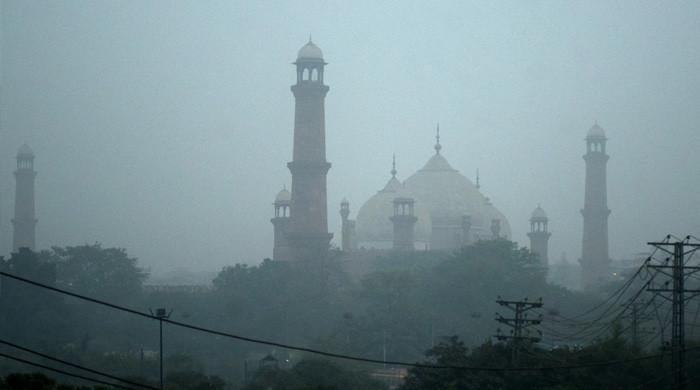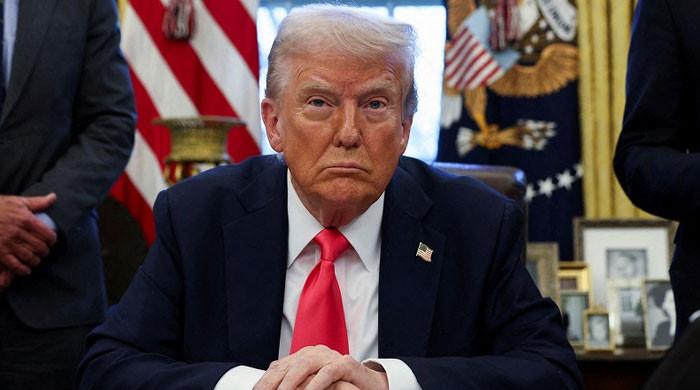The state must realise Balochistan is the most vulnerable to a coronavirus outbreak
Balochistan shares a long border with Iran and Afghanistan
March 03, 2020
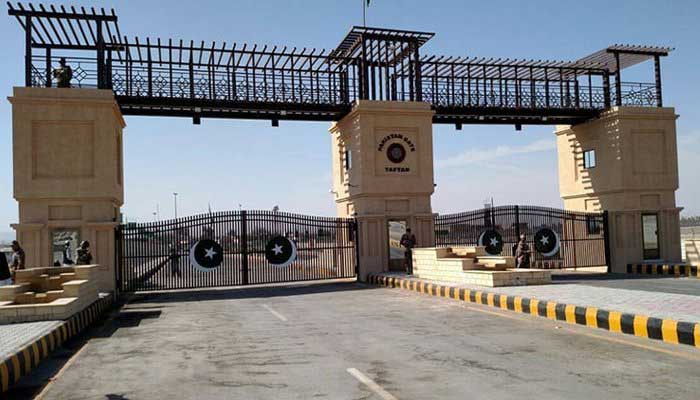
Balochistan shares a long border with Iran and Afghanistan.
Iran has to date reported 1.500 cases of coronavirus and 66 deaths, making it an epicenter of the virus outside China. Afghanistan confirmed its first case last week.
These numbers alone have put Balochistan — Pakistan’s largest and most underdeveloped province with a healthcare system wracked by years of underfunding and neglect — most at risk.
There are pockets of areas in Balochistan where even the most basic health facilities can be a struggle to find which is why some residents have to travel long distances, including other provinces, to access medical care.
Then there are the health indicators. As per a 2017 report by the United Nations Children's Fund, 16 per cent children in Balochistan are malnourished, 52 per cent are stunted and 39.6 per cent are underweight.
Read also: Balochistan health officials declare 252 pilgrims free of coronavirus
Under these circumstances, if coronavirus were to take root in the province, the impact could be devastating.
It is known to have a fatal effect on those suffering from poor health and malnutrition.
Two of the five confirmed coronavirus patients in Pakistan reportedly travelled to Iran and returned via Balochistan, before moving to Karachi and Islamabad. Following which, the provincial government has established two 100-bed isolation wards at Taftan, a small town located in Balochistan’s Chaghai district near the Pak-Iran border.
Furthermore, a mobile health unit has been set up and 10,000 face masks distributed in the area. The government has also directed all local administrations to establish isolation wards dedicated to patients of the virus at the District Headquarters Hospitals.
Separately, the provincial government has declared a health emergency in the province, by shutting down educational institutes till March 15 and postponing the ongoing matriculations exams.
Coronavirus: Pakistan confirms fifth case after Gilgit-Baltistan woman tests positive
Doctors, who had applied for leaves, have also been called back.
However, politicians from the opposition parties insist that in addition to the healthcare measures, the state must bring back the 7,000 Pakistanis, pilgrims and students, stranded in Iran, whose visas have now expired.
Dr Zafar Mirza, the special assistant to prime minister on health, recently tweeted that that federal government plans to bring back the pilgrims in batches rather than in one go, after a complete screening process.
For now, Taftan has been the most gripped by panic. When the news of coronavirus reached its 8,350 residents, no face masks could be found at medical stores.
“I have been moving from one store to the next in search of masks,” says Mehmood Ahmed, a resident of the town. “No one has them.”
The federal and provincial government’s prompt response to contain the virus, while commendable, will need to be thorough and long-term in order to tackle what has now become a global crisis, especially as the death toll climbs. And the state will need to remember that its poorest province is the most vulnerable.




